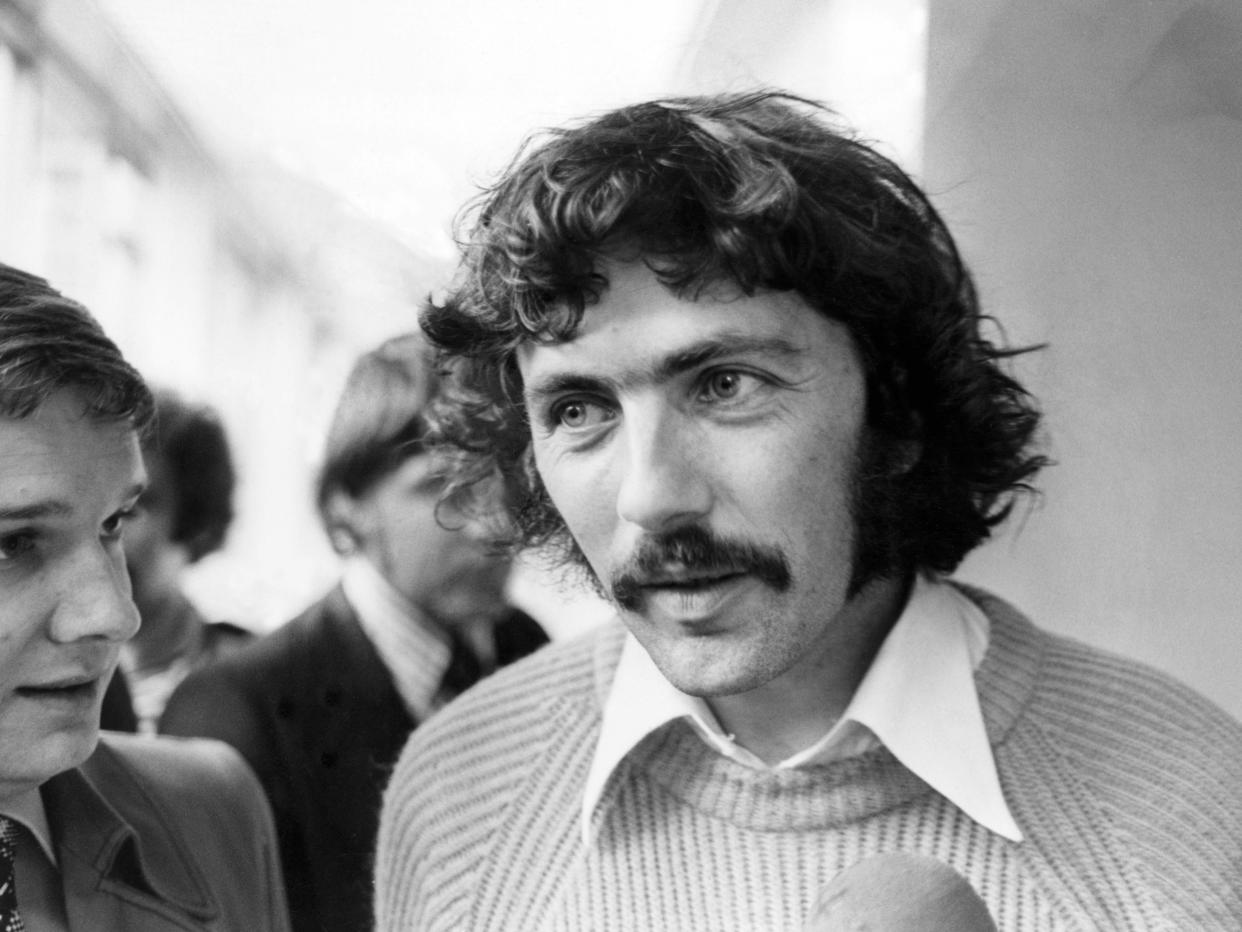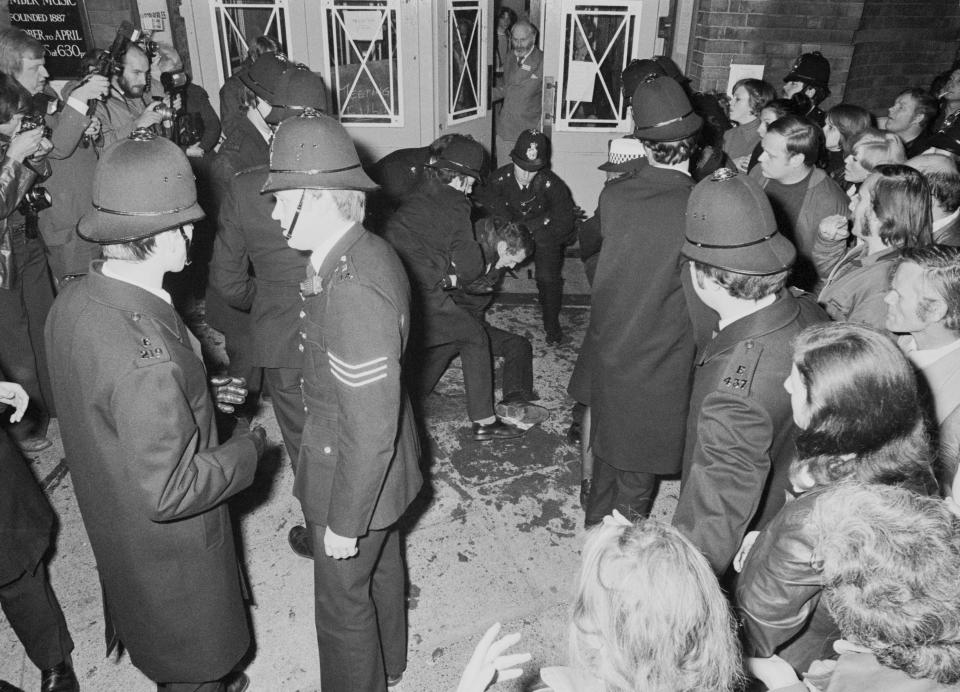How a pro-paedophile group lobbied the government to legalise sex with children in the 70s and 80s

Shocking details about how a pro-paedophile group lobbied the government to legalise sex with children has resurfaced.
The Independent Inquiry into Child Sexual Abuse has released a scathing report about how the Westminster political establishment spent decades turning “a blind eye” to allegations of child sexual abuse, with high-profile politicians protected from police action as whips sought to avoid “gossip and scandal” which would damage the parties.
Part of the report focused on the Paedophile Information Exchange (PIE), which operated between 1974 and 1984 and ultimately campaigned to normalise sex between adults and children.
It was brazen about this. Keith Hose, one of its leaders, was once quoted as saying: “I am a paedophile. I am attracted to boys from about 10, 11, and 12 years of age. I may have had sexual relations with children, but it would be unwise to say.”

Though the report found PIE had no funding links to the Home Office – as had previously been alleged – it detailed how the group managed to enter mainstream consciousness.
Here is a rundown of the key points raised in the report.
What did PIE campaign for?
“It openly campaigned for the lowering of the age of consent,” the report said, “and made concerted efforts to normalise and justify sexual relationships between adults and children.”
Read more: Police and politicians ‘turned blind eye’ to Westminster child abuse claims
Among its activities was offering support to adults "in legal difficulties concerning sexual acts with consenting ‘underage’ partners”.
How many members did it have?
“At its height in around 1978,” the report said, “it seems that PIE had some 300 members in total.”
How did it gain traction?

The report said PIE’s message was “accepted as a legitimate voice of an oppressed sexual minority by respected and well-established civil society organisations such as the National Council for Civil Liberties (now known as Liberty) and the Albany Trust (a specialist counselling and psychotherapy charity)”.
Both organisations, in their 2020 forms, strongly distanced themselves from their past associations in evidence submitted to the report.
What sort of things did it say?
In 1975, PIE chair Hose made a speech at the annual Campaign for Homosexual Equality conference calling for a more sympathetic approach to people with “paedophilic tendencies”.

The following year, it launched a magazine entitled Understanding Paedophilia, which was renamed Magpie in 1977. This was published until 1983 and, the report states, “was brazen in its promotion of sexual activity with children”. It included “photographs or drawings of children in provocative poses” alongside “academic-style articles”.
How did it lobby the government?
In 1975, PIE submitted a paper to the Home Office’s criminal law revision committee proposing the abolition of the age of consent and removal of sexual activity between adults and children from criminal law.
In 1978, it published a booklet entitled Paedophilia – Some Questions and Answers. This was given to every MP and peer in Parliament, as well as media outlets and civil rights campaigners.
Did this have any impact?
The report said: “The evidence we have seen suggests that PIE did not make much impact through these efforts, apart from briefly amongst certain civil libertarian organisations and some gay rights campaigners.”
Why wasn’t PIE banned?
The government discussed this in 1983, evidence suggested.
Then-home secretary Leon Britton decided not to, however, citing “legal difficulties” and questioning “whether it was necessary given that by 1983 its influence had largely disappeared as a result of the criminal prosecutions [of three members, including secretary Tom O’Carroll, in 1981]”.
There was “no hint of sympathy” on Britton’s part, the reported added.

 Yahoo News
Yahoo News 
